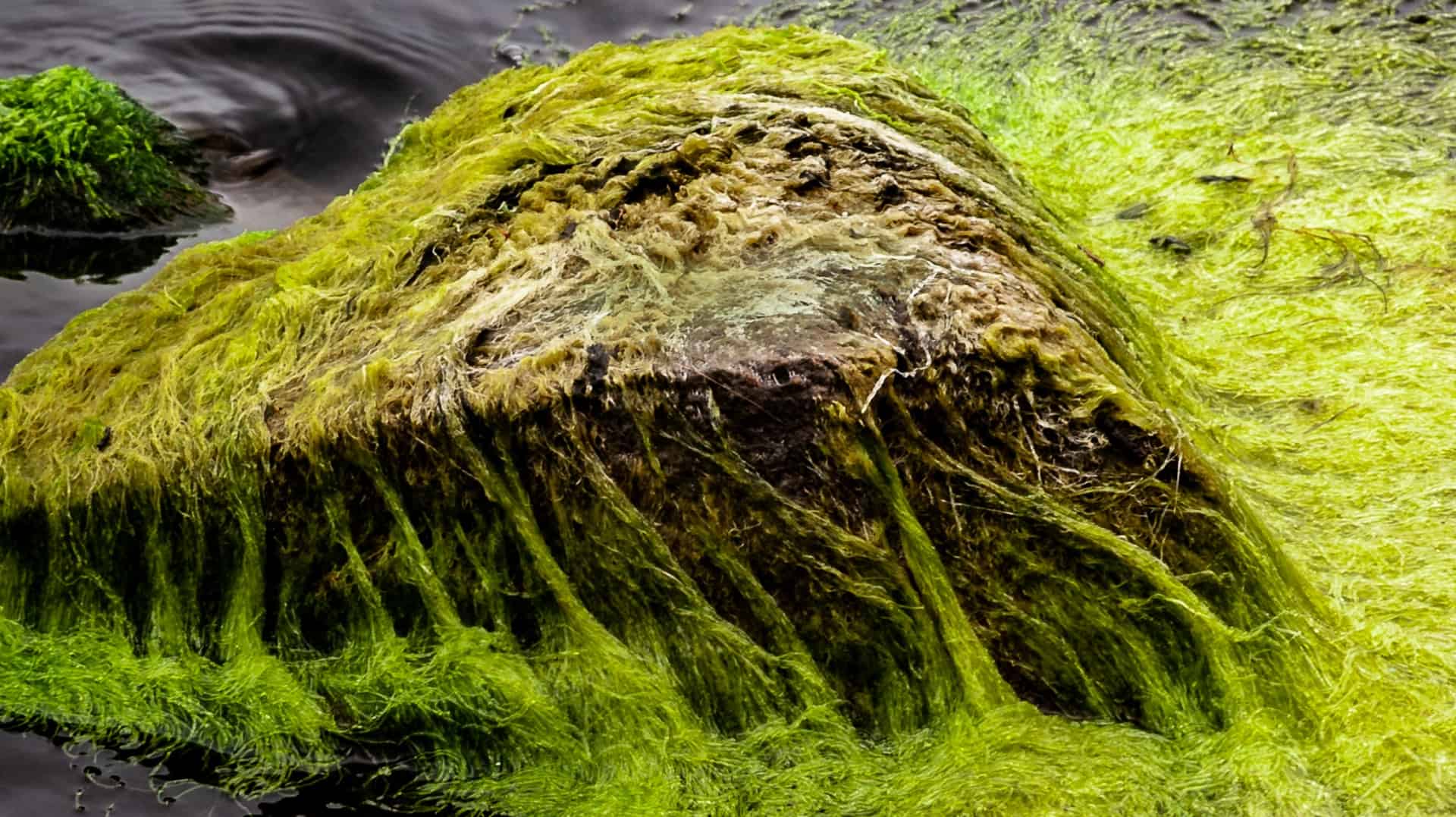
Algae: The Green Alternative to Palm Oil
May 31, 2022 - Ellie Gabel
Revolutionized is reader-supported. When you buy through links on our site, we may earn an affiliate commission. Learn more here.
We need a green alternative to palm oil.
Eco-consumers are holding manufacturers responsible for environmental degradation, and food companies are reevaluating their ingredient sourcing to minimize pollution. One item significantly affecting global environmental sustainability is palm oil.
Palm oil contributes to deforestation, biodiversity loss, atmospheric pollution and other forms of degradation. However, companies rely on it for producing food, cosmetics, detergents and biofuel. Environmentalists have identified algae as a sustainable palm oil alternative.
Why Is Palm Oil Environmentally Degrading?
Companies can improve environmental conservation by phasing out palm oil, which directly causes deforestation in biodiverse regions. Oil producers clear-cut forests in Malaysia and Indonesia to meet high consumer demands. Clear-cutting increases species’ endangerment by degrading natural habitats.
Producers also conduct controlled burns to make room for more palm tree growth. However, monocropping palm trees may cause soil erosion and water pollution. Overproducing one crop depletes soils’ nutrient levels and ability to retain water.
Palm trees also create 2.5 tons of effluent for each ton of oil they produce. During storms, rainwater can carry pollutants to the ocean and destroy marine ecosystems.
Another adverse effect of clear-cutting is atmospheric degradation. One tree can absorb and filter nearly 48 pounds of greenhouse gas emissions each year. Therefore, preserving vegetated regions may support natural carbon filtering.
Extracting Plant-Based Oil From Microalgae
Environmental scientists discovered an effective process for converting algae into oil. They use Chromochloris zofingiensis to produce plant-based oil similar to palm oil. This algae variant can be found in freshwater lakes, ponds and streams.
Scientists soak the algae in pyruvic acid to stimulate lipid production. The acid increases algae’s ability to absorb carbon and create fat. Environmental scientists also placed the variant under ultraviolet (UV) lights to stimulate photosynthesis.
Professionals washed and dried matured algae to extract the oil. Researchers calculated algae’s lipid content, which reaches over 66% of the plant’s dry weight. They also discovered the lipid profile closely resembles that of palm oil. Oil producers plan on replacing their palm reliance with algae to conserve vegetated spaces.
Algae’s Environmental and Health Benefits
Algae oil may also improve people’s health and well-being since it’s significantly healthier than palm oil. The alternative contains more polyunsaturated fatty acids, which reduce harmful cholesterol levels. People may reduce their risk of stroke and heart disease by consuming microalgae oil.
The plant-based oil is sustainable because it promotes aquatic restoration projects. Climate change is causing ocean warming, which destroys coral reefs. Coral bleaching can force marine species out of their habitats and increase their risk of endangerment.
Another benefit of algae oil is natural carbon filtration. Algae rely on photosynthesis to grow, which converts carbon dioxide into oxygen. The marine plant is also a renewable resource because it grows indefinitely. Algae require few natural resources during their growth processes.
Supporting the Circular Economy
Environmentalists are working with government officials to shrink the economy’s carbon footprint. The circular economy relies on recycled and renewable resources to power production. Circular economies are restorative and regenerative by nature, which reduces atmospheric and surface-level pollution.
Algae oil supports the circular economy by adding more renewable resources to the industrial sector. The palm oil alternative also reduces individuals’ reliance on fossil fuels. Boosting biofuel production can significantly reduce resource exploitation and greenhouse gas emissions.
Additional Algae Oil Uses
Algae oil supports sustainable production outside of the food sector. Environmental engineers are using it to create low-impact fuel sources. Individuals may use algae biomass for pyrolysis oil or combined heat production, and transportation professionals can replace petroleum with algae biofuel without modifying engines. The material also produces fewer emissions than conventional diesel.
Individuals are additionally using algae to minimize municipal solid waste (MSW). Manufacturers are producing biodegradable and compostable packaging from algae as a plastic alternative. Plastic makes up nearly 82% of pollution in Europe. Replacing plastic packaging with algae can significantly reduce microplastic pollution.
Algae packaging is also edible, which may decrease the global hunger rate. Manufacturers are creating a cardboard-like material from algae to reduce clear-cutting and paper waste. Decreasing individuals’ reliance on ecologically degrading materials can improve international sustainability levels.
Phasing Out Palm Oil
The European Union (EU) banned manufacturers’ use of palm oil in 2018. The ban increased sustainability rates and supported green innovations, paving the way for new technologies like algae as an alternative. Other countries may follow the EU’s lead to decrease atmospheric and surface-level pollution and embrace change that can help the planet.
Revolutionized is reader-supported. When you buy through links on our site, we may earn an affiliate commission. Learn more here.
Author
Ellie Gabel
Ellie Gabel is a science writer specializing in astronomy and environmental science and is the Associate Editor of Revolutionized. Ellie's love of science stems from reading Richard Dawkins books and her favorite science magazines as a child, where she fell in love with the experiments included in each edition.







